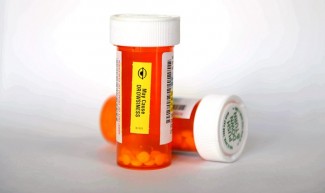The Link between the Marketing of Opioid Products with Mortality from Opioid-Related Overdoses

Prescription opioids are involved in 40% of all deaths from opioid overdose in the United States and are often the first opioids encountered by individuals with opioid use disorder.
Pharmaceutical companies send salespeople to doctors’ offices to promote their drugs. These types of encounters may make physicians consciously or unconsciously more inclined to prescribe a particular brand of a drug or prescribe it in greater quantities. It is also believed pharmaceutical companies pay or offer incentives to doctors to talk about their drugs. Between 2013 and 2015, approximately 1 in 12 US physicians received opioid-related marketing.
A recent study, conducted by researchers at Brown University, has examined the extent to which opioid marketing is associated with subsequent prescribing and, in turn, with opioid-related deaths from overdoses.
The population-based county-level analysis included data on overdoses 2014 to 2016, linked to marketing data 2013 2015.
Results found that:
- Between August 1, 2013, and December 31, 2015, there were 434 754 payments totalling $39.7 million in non-research-based opioid marketing distributed to 67 507 physicians across 2208 US counties.
- Opioid prescribing rates increased with marketing
- Opioid prescribing rates partly mediated the association between marketing and deaths from opioid overdoses.
The researchers fully acknowledge several limitations to the study including unclear causation, deaths potentially involving prescription plus non-prescription drugs and lack of long term data. However, the researchers suggest that industry marketing to physicians may be damaging efforts to reduce excessive opioid prescribing. Policymakers should continue to consider limiting the extent to which pharmaceutical companies may influence inappropriate opioid prescribing while recognising the need for access to opioids for patients who need them.